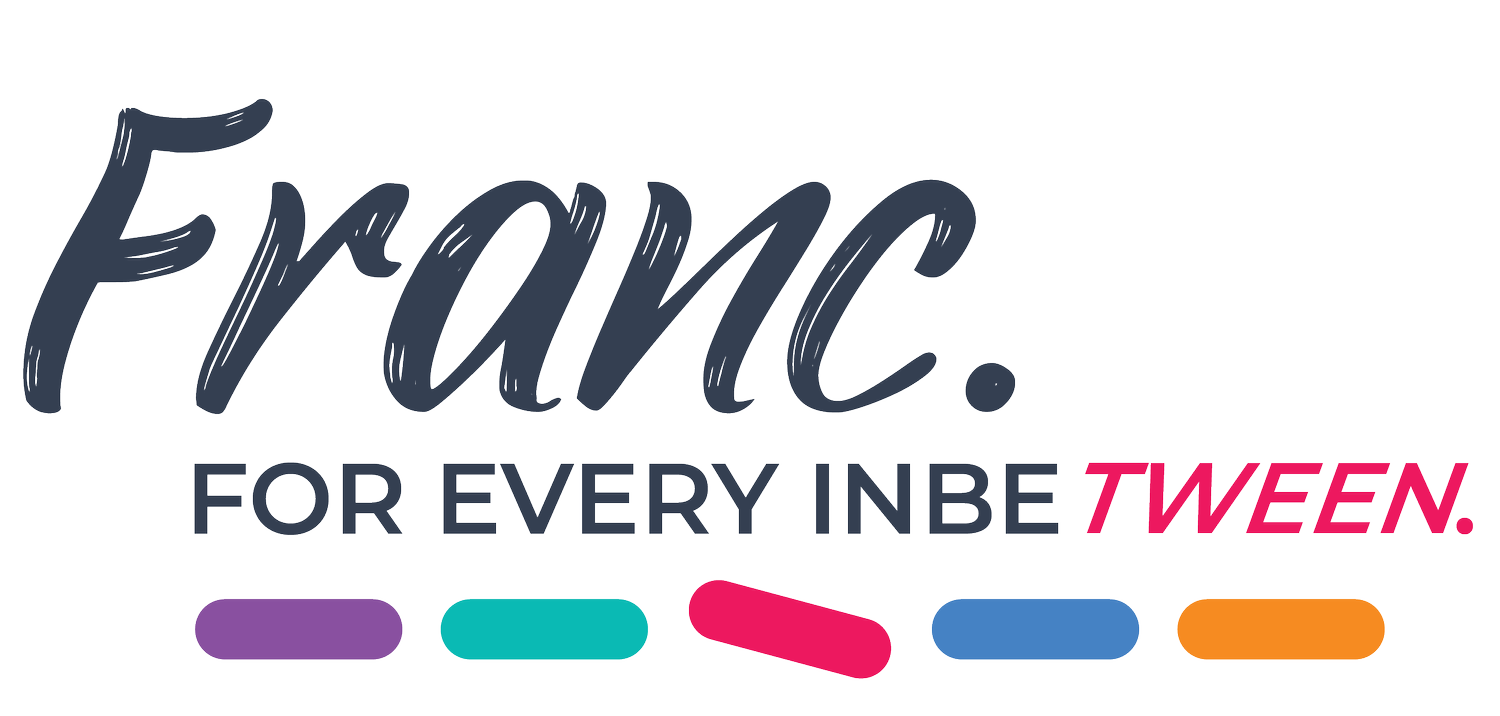PART ONE: Resilience
“I can be changed by what happens to me. But I refuse to be reduced by it.”
Resilience is more than just coping. When you’re resilient, you’re more prepared to seek new ways to overcome your challenges and achieve your goals.
Everyone experiences ups and downs in life, whether it be everyday challenges, like; studying for that all important exam, moving houses or schools and changing friendship groups - or events with a more lasting impact, such as a serious illness, the death of a cherished pet or a loved one.
Life’s twists and turns will affect different people in various ways. How well a person bounces back, adapts and maintains control of these situations is termed resilience.
Text book definition? Psychologists define resilience as the process of adapting well in the face of adversity, trauma, tragedy, threats, or significant sources of stress.
Although resilience often involves “bouncing back” from adverse situations and experiences, it can also involve profound personal growth. Indeed, becoming more resilient not only helps you get through difficult times, it can also empower tweens to grow as individuals. Personal growth through adversity can foster skill development for dealing with challenges later in life.
The ability to develop resilience is also important for ongoing mental health. Tweens with greater resilience are better equipped to manage stress, which if ongoing, can result in long term mental health conditions such as anxiety and depression.
While certain factors might make some individuals more resilient than others, resilience isn’t necessarily a trait that only some people possess. In fact, resilience involves multiple behaviours, thoughts, and actions that can be learned and developed over time.
Studies show myriad ways in which you can best build resilience in children and tweens. For the purposes of this article, we look at 4 key elements that offer the best chance for building resilience in children.
BUILD GOOD RELATIONSHIPS WITH OTHERS. Quality relationships with both peers and adults are vital for resilience in tweens.
BUILD INDEPENDENCE. Rather than focus on trying to shield children completely from life’s challenges and negative experiences, research suggests that fostering a sense of autonomy and responsibility is important in building resilience amongst tweens.
EMOTIONAL INTELLIGENCE. Learning to identify, articulate and manage emotions helps to build resilience. The goal is not to have fewer emotional reactions, but rather to learn how to respond to situations in healthy and positive ways.
BUILD CONFIDENCE. Encouraging tweens to take on personal challenges and deal with obstacles that result in both success and failure is a good way to build their self-confidence.
Every tween can build resilience through the continued development of the above elements. Most importantly, parental and carer support is a vital foundation.
NOTE: THE TWEEN GUIDES ARE DESIGNED TO PROMPT FURTHER DISCUSSION BETWEEN PARENTS/CARERS AND OUR TWEENS. ALTHOUGH THEY ARE BASED ON FACTUAL RESEARCH, WE ENCOURAGE YOU TO SEEK YOUR OWN TRUTHS AND CONSULT A PROFFESSIONAL IF AND WHEN REQUIRED.

